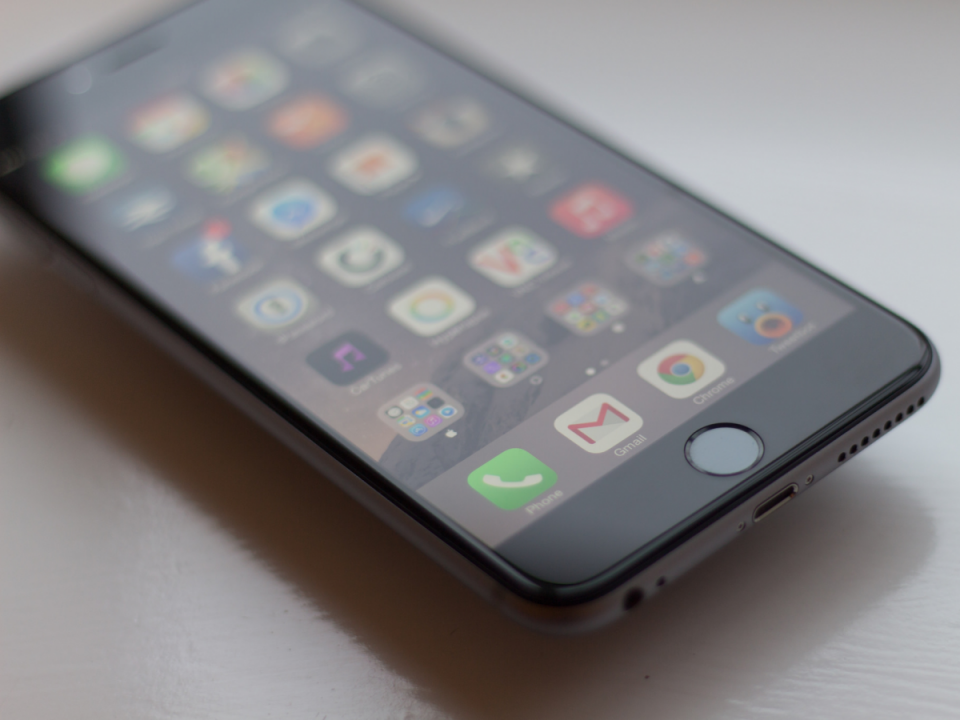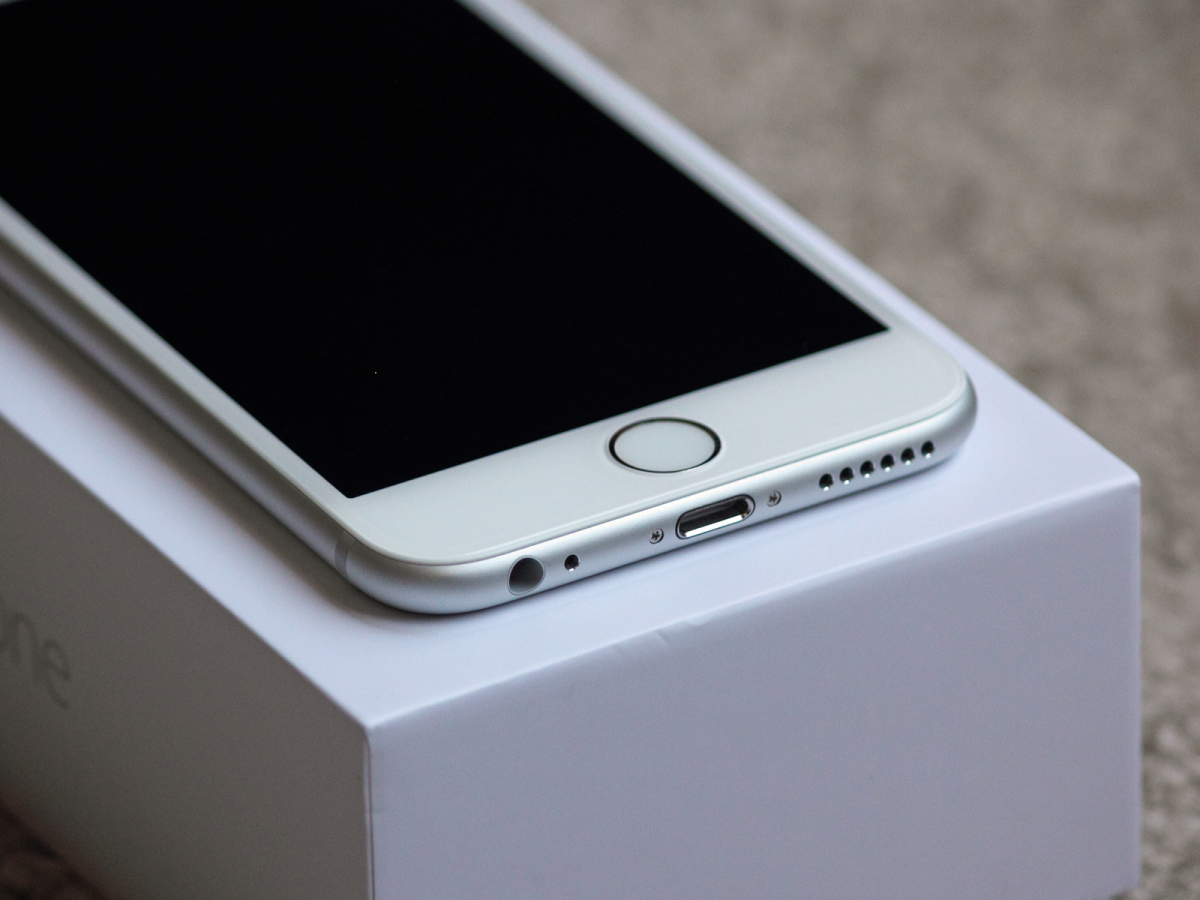

- From our Sponsors -
Apple recently admitted that it has been throttling the performance of certain iPhones with older batteries to prevent unexpected shutdowns.
For those curious, it turns out that it’s not too difficult to see whether your iPhone has been affected.
The reason behind the performance throttling makes sense: As older batteries degrade over time, they can’t cope with the high demands of the iPhone’s processor. To prevent unexpected shutdowns that sometimes occur when processors don’t get enough power, the company dialed down the speeds of iPhone processors in units with those batteries.
Related: Join Entrepreneurs and Investors at Entrepreneurs Retreat 2018
Still, critics say the company should have been more transparent about the practice.
When owners of older iPhone models experience slow performance, the usual course of action is to buy a new phone. But had they known the slower performance was due to an aging battery, perhaps they could have opted to replace it, which is much cheaper than buying a new iPhone.
Here’s how to see for yourself whether your older iPhone’s performance has been throttled.

The app I’m using here is the free Lirum Info Lite, which provides a lot of information about your iPhone’s internal activity.

From the Lirum app’s home screen, tap the options button on the top left (three horizontal lines) > tap “This Device” > tap “CPU” > and check the “CPU Actual Clock” against the “CPU Maximum Clock.”
If both numbers are the same, then your iPhone isn’t being throttled.

Apple rolled out its performance throttling measures for the iPhone 6 and newer models to prevent unexpected shutdowns. Here are the original “clock speeds” – the measure of speed for a processor chip – for the iPhone 6 onwards:
For the iPhone 6, 6s, and SE, Apple’s performance throttling feature was introduced in iOS 10.2.1. If you have one of those iPhones but an older version of iOS, your performance won’t be throttled.
For the iPhone 7 generation, Apple’s throttling feature was introduced in iOS 11.2. If you have an iPhone 7 generation model with an earlier version of iOS, then your performance won’t be throttled.

If your older iPhone’s main chip is still running at the speed it should, you’d still do well to take advantage of Apple’s discounted $29 battery replacement program. The discount program will only last a year, at which point the cost of replacing an iPhone battery out of warranty will return to the original $79 price.
Chances are that the battery capacity in your older iPhone model has degraded over the months and years that you’ve owned it, and you can get improved battery life with the new $29 battery replacement offered by Apple.
Unfortunately, battery apps simply aren’t reliable in reporting the health of your older iPhone’s battery. They might give you a general idea that your battery has degraded since the day you bought it, but I’ve seen wildly varying percentage numbers regarding my iPhone 6S Plus’ battery health.
The best way to find out the health of your iPhone’s battery is to take it to an Apple store. Set up an appointment and an Apple Genius will run your iPhone through the company’s series of tests.
Usually, Apple recommends that you get a battery replacement when your iPhone’s battery can only retain 80% of its original capacity. With Apple’s new discounted $29 battery replacement program in mind, however, I’d personally get it replaced even at 90% capacity.
You can get in touch with Apple Support remotely over the phone or even Twitter to find out whether you need a batter replacement or not, but they won’t tell you specific details about your iPhone’s battery health. The company’s support teams will only tell you whether your battery is “fine” or not.
In its statement regarding the performance throttling controversy, Apple said it will also issue an iOS software update early this year “with new features that give users more visibility into the health of their iPhone’s battery, so they can see for themselves if its condition is affecting performance.”
Author Info:
This article was first published by Antonio Villas-Boas on Business Insider US
Related:
- From our Sponsors -
apple iphone steve jobs tim cook steve wozniak smartphone technology tech